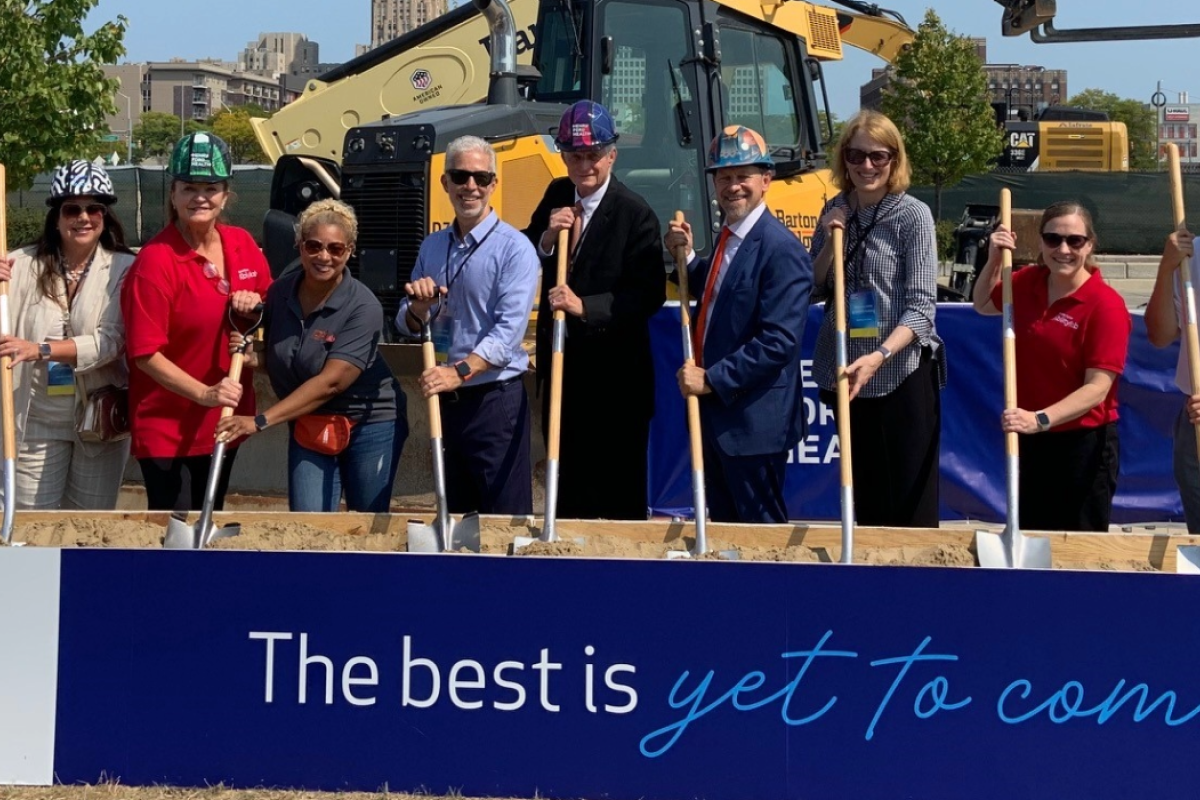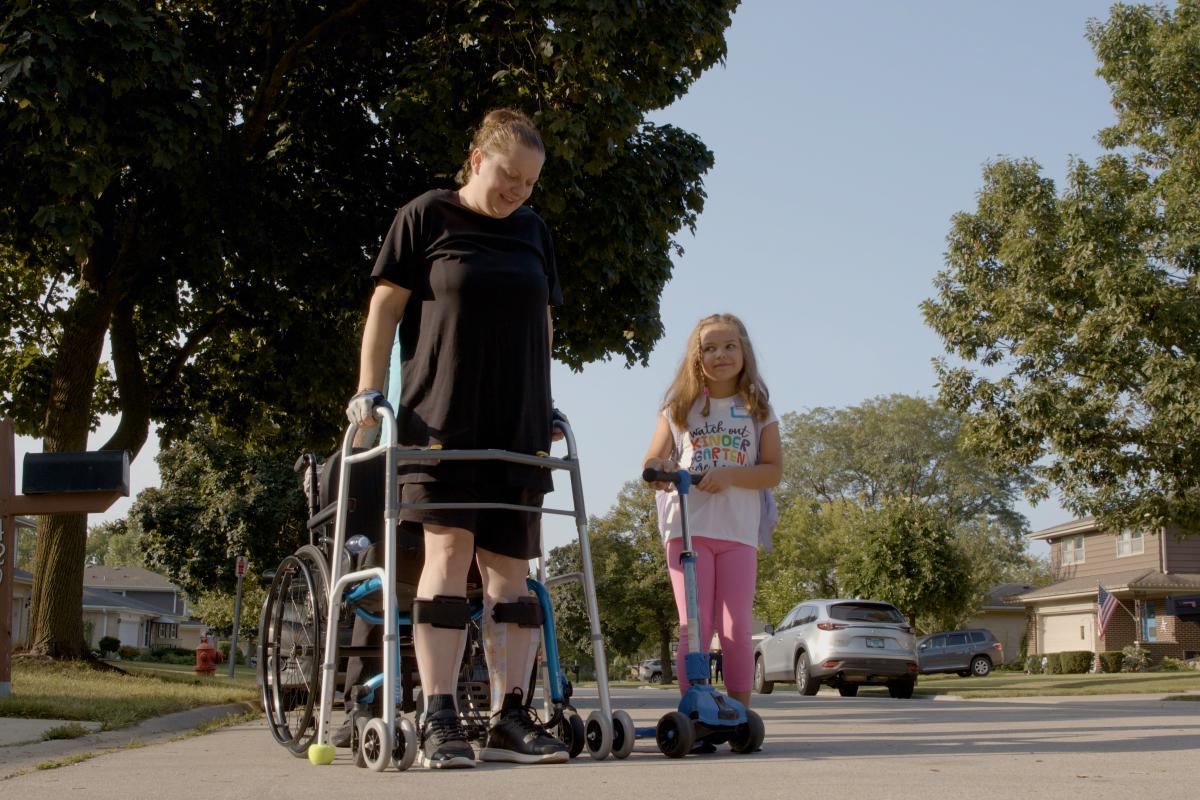Not Finding What You're Looking For?

Shirley Ryan AbilityLab, Henry Ford Health and Gilbert Family Foundation Celebrate Hospital Groundbreaking in Detroit
Henry Ford Health today marked the groundbreaking of its history-making hospital project, a $2.2 billion expansion plan to reimagine Henry Ford Hospital’s Detroit campus. The project is anchored by a new facility that will span 1.2 million square feet and include a 20-story patient tower.
Press Release

Improving Adherence to Spinal Cord Injury Exercise Guidelines Using Smartphone-Based Technology and E-coaching: A Proof-of-Concept SMART-Design Study
Age Range
18-79
Clinical Trial

Multiple Sclerosis Support Group
The Multiple Sclerosis (MS) Support Group provides a platform for participants to receive advice on navigating daily life with this condition.
Event

Characterization and Clinical Trial of a Variable Friction Shoe, a new Paradigm of Reduced-Constraint Locomotor Therapy for People Exhibiting Foot Drop due to Stroke
To evaluate the effect of a variable friction shoe on walking in individuals with chronic stroke and foot drop.
Age Range
18+
Clinical Trial

WIM Exosuit Wearable Soft Robot for Enhancing Walking Activity
Research Project

Shirley Ryan AbilityLab Chief Operating Officer Speaks about Expansion in Detroit on WJR-AM
Shirley Ryan AbilityLab Chief Operating Officer Laura Ferrio recently appeared as a guest on JR Sunday with Mark Hollis on WJR-AM for a conversation about how the rehabilitation hospital’s expansion into Detroit will benefit healthcare in the region.
Press Release

Evelyn’s Story: A Moving Milestone on Anniversary of Spinal Cord Injury
Evelyn and her young daughter, Julia, were rear-ended by a driver traveling at high speed. After 10 days in an acute-care hospital, Evelyn transferred to Shirley Ryan AbilityLab for inpatient care and rehabilitation.
Patient Story